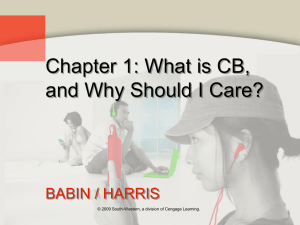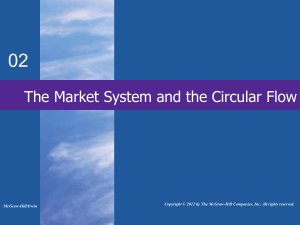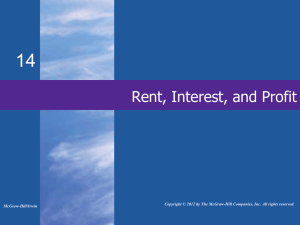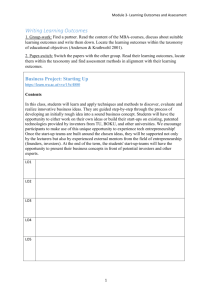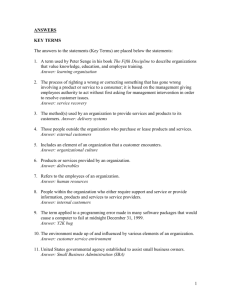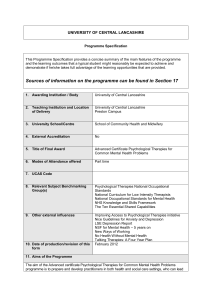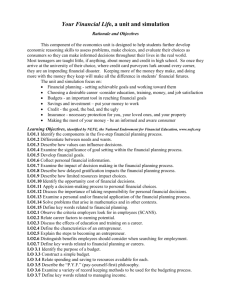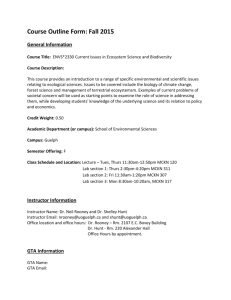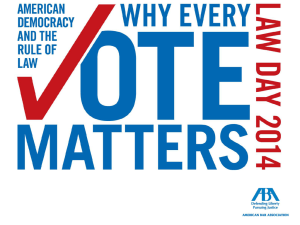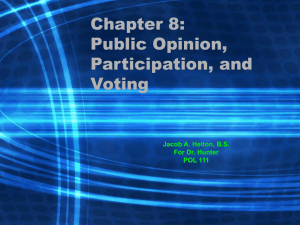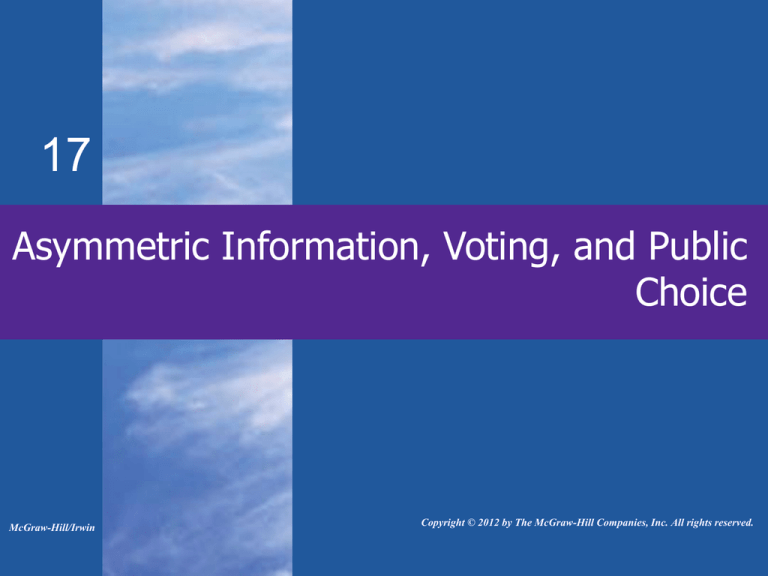
17
Asymmetric Information, Voting, and Public
Choice
McGraw-Hill/Irwin
Copyright © 2012 by The McGraw-Hill Companies, Inc. All rights reserved.
Information Failures
•
LO1
Asymmetric Information
• Market failure
• Incomplete information for
buyers or sellers
• Better information is too costly
17-2
Inadequate Buyer Information on Sellers
•
•
•
LO1
Causes underallocation of
resources
Gasoline market
Licensing of surgeons
17-3
Inadequate Seller Information on Buyers
•
•
LO1
Causes underallocation of
resources
Moral Hazard
• Heavy costs on insurer
17-4
Adverse Selection Problem
Adverse Selection defined:
• Second party incurs major costs due to
lack of information
• Adverse Selection happens at the time
the contract is signed
• Prevents pooling of low and high risks
• Eliminate adverse selection by
government requiring social insurance
LO1
17-5
Workplace Safety
• Expensive
• Workers have adequate information
• Avoid unsafe workplaces
• Asymmetric information
• Firms have no incentive to improve
workplace safety
• Government sets safety standards
LO1
17-6
Qualification: Asymmetric Information
•
•
•
•
LO1
Government intervention is not
always necessary
Firms offer product warranties
Franchisers provide a known
product
Private firms provide product
information to buyers
17-7
Public Choice Theory
• Majority voting systems
• Difficult to correctly discern voter
•
LO2
preferences
Hinders the ability of government
to deliver what the voters want
17-8
Reveal Preferences Majority Voting
• Determines the size and scope of
government involvement in the
economy
• Reveals preferences
• Results can be inconsistent and
imperfect due to:
• Presentation order of the choices
• Distribution of the costs vs benefits
LO3
17-9
Inefficient Voting Outcomes
•
•
•
•
LO3
Public good beneficial (TB) > (TC)
Inefficient “No” vote
• TB > TC
Inefficient “Yes” vote
• TC > TB
Interest groups and logrolling
17-10
Inefficient Voting Outcomes
LO1
17-11
Paradox of Voting
Paradox of Voting
LO2
17-12
Median Voter Model
•
•
LO2
Median voter preference will
determine size of government
Implications
• Many voters are dissatisfied with
size of government
• Voters move where preferences
are closer to theirs
17-13
Government Failure
• Inefficient outcomes caused by
government
• Voting problems
• Principal-agent problem
• Special-interest effect
• Rent seeking behavior
LO3
17-14
Clear Benefits, Hidden Costs
•
•
•
•
LO3
Limited and bundled choices
• Citizen has only two choices
for candidates for election
Bureaucracy and Inefficiency
• Public agencies are less
efficient than private business
Corruption: accept a bribe
Imperfect institutions: healthcare
17-15
Global Perspective
Source: Adapted from Global Corruption Barometer, Copyright 2009. Transparency International :The
global coalition against corruption. Used with permission. http://www.transparency.org.
LO3
17-16
“Government Failure” in the News
•
•
•
LO3
Pork Barrel Politics: Subsidy for
golf instruction for children
Limited and Bundled Choices:
Funding for maple syrup research
and training weather forecasters
Bureaucratic Inefficiency: Katrina
disaster relief dollars squandered
17-17

